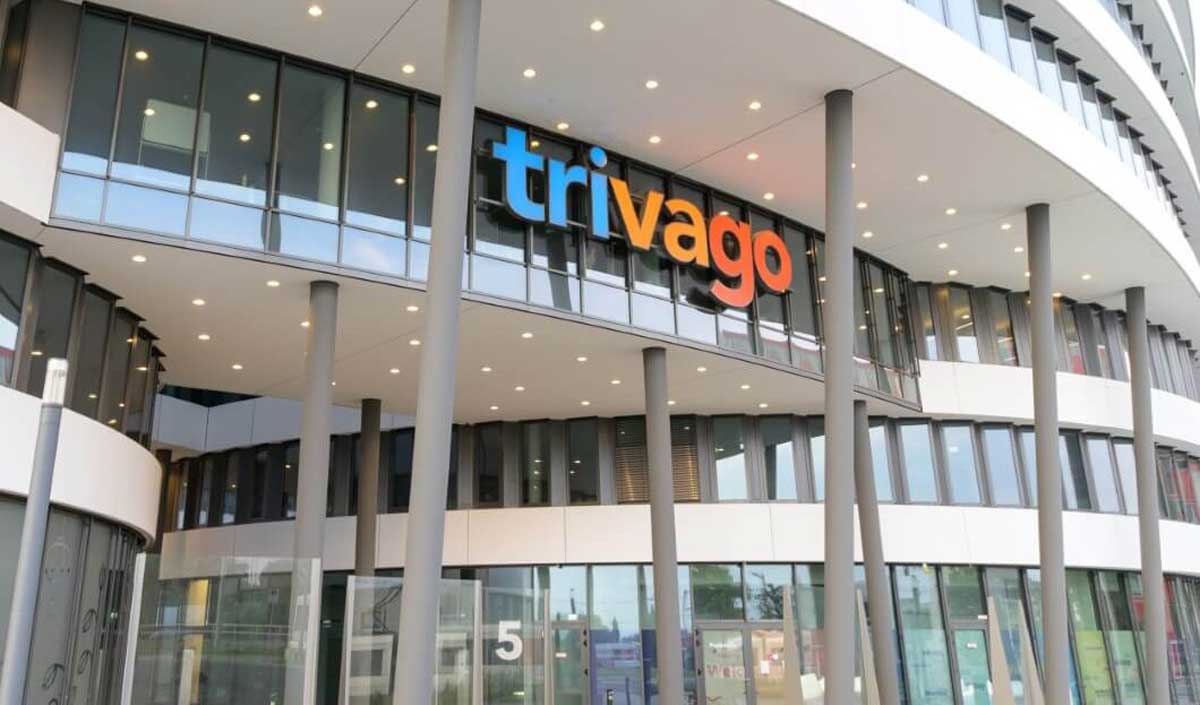The hotel sector is going through a very interesting time from a legal point of view. In recent months, we have seen several news related to fines. On the one hand, user privacy has been called into question by the Digital Markets Act and entailed heavy fines for hotels. On the other hand, Booking had to pay Russia 15 million for violating antitrust laws. Now it’s Trivago’s turn.
In this case, an online travel company owned by Expedia Group was accused of misleading consumers with false booking information. In particular, with regard to the cost of rooms in various places of accommodation. At least that’s what an Australian court thinks, which fined the American company A$44.7 million.
That’s the equivalent of about $33 million, so it’s a pretty significant amount. In addition, this is one of the largest fines that the country has demanded for violating consumer laws. We will have to wait to see if other similar actions are taken in Australia or elsewhere in the world.
Late last month, the Australian Federal Court issued a fine after it was found that Trivago provided false booking information. This happened because they presented certain hotel rooms as the cheapest, although this was not true. In fact, they primarily promoted rooms from paid advertisers.
Based on this, they felt that they were misleading consumers. In addition, the algorithm encouraged tourists to pay the highest rate per click, instead of being able to find cheaper rates in the same hotel. In this regard, the Australian Competition and Consumer Commission (ACCC) said that the Australian consumer protection law was violated.
Not only that, they also believe that the guests suffered “significant losses”. In fact, they claim the damage was caused by Trivago taking advantage of consumers’ desire to access better deals. Thus, OTA strategies may be affected based on this criminal decision.

